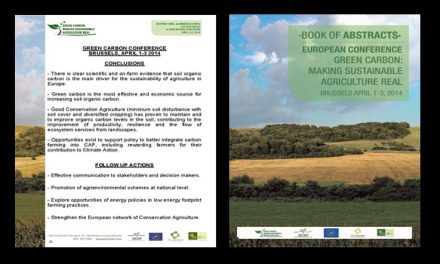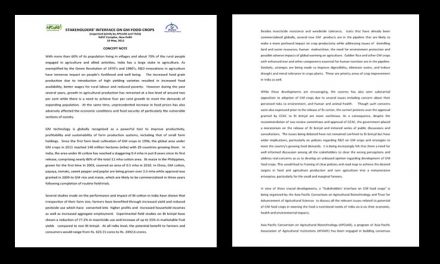Legumes play important role in the quality of life on human kind and form a major crop for human food, animal feed and forage. Legumes can be synthesized to medicinal and nutriceutical compounds and antioxidants and can be used for soil improvement. Legumes have been part of agricultural production in several continents for thousands of years. Most legumes possess seeds rich in protein, oils and starches. Legumes have the potential to play an increasing role in alleviating these threats owing to their ability to produce, with minimal environmental damage and external energy input in the form of nitrogenous and phosphorous fertilizers.
The VI ICLGG is an continuous effort of its mission to bring together scientists working on research aspects of legume biology in model species, using genetic and genomic tools, with those working on applied aspects and breeding of crop and pasture species. The meeting will focus on fundamental discoveries that extent our understanding of the unique traits of legumes and review the tools and resources and approaches including technological advances to study legume genome(s).
Contact:
Rajeev K. Varshney, Ph.D., FNAAS, Principal Scientist (Applied Genomics) – ICRISAT (www.icrisat.org); Adjunct Professor (Plant Biology)- The University of Western Australia; and Leader, Theme: Comparative and Applied Genomics, Generation Challenge Programme (GCP, www.generationcp.org)
Mailing Address: Centre of Excellence in Genomics (CEG), Building # 300, International Crops Research Institute for the Semi-Arid Tropics (ICRISAT), Patancheru – 502 324, Greater Hyderabad, INDIA
Conference Website: http://www.icrisat.org/gt-bt/VI-ICLGG/homepage.htm



